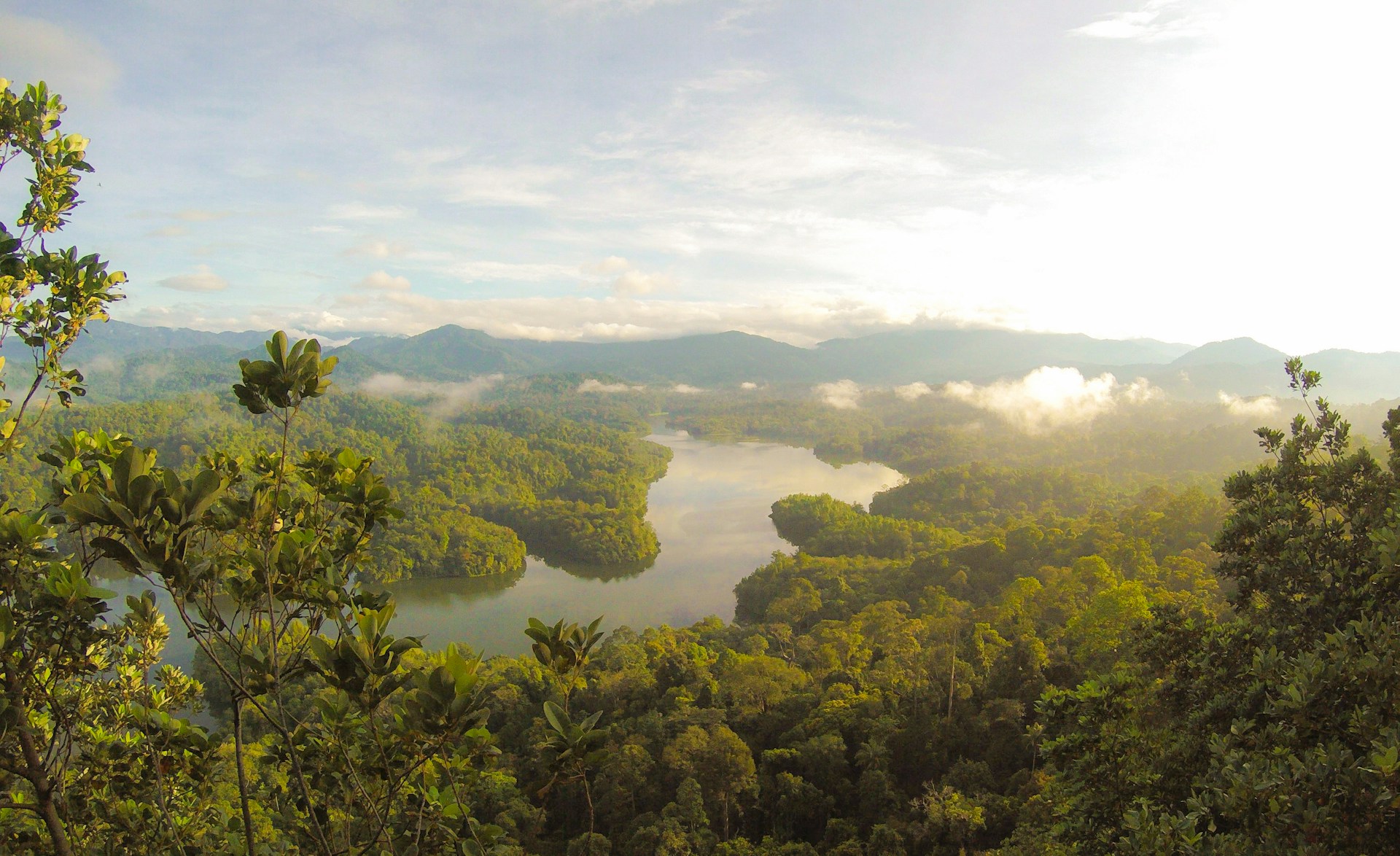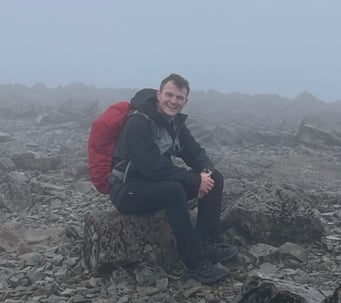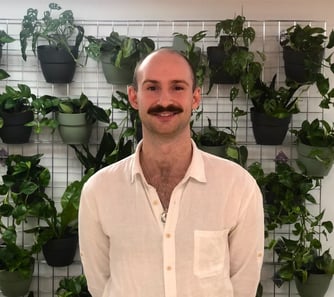
Get to know us
Habitats & Housemates
Artemis Sustainability was established by two postgraduate students whilst they conducted their respective studies at The University of Edinburgh. Housemates through happenstance, and both studying sustainability-orientated programmes covering a variety of subject matters, they decided that they could use their expertise and love of all things sustainable to promote sustainability.


Callum Millard
Co-Founder


Max Grisley
Co-Founder
Callum
Upon leaving school Callum elected to study Law at Royal Holloway, University of London and graduated with a first class LLB. Following a year out, spent working for a well-known insurance firm, Callum decided to delve further into the aspects of his undergraduate degree he most enjoyed: International Law, specifically International Environmental and Climate Change Law. As such, Callum enrolled and completed an LLM in Global Environment and Climate Change Law graduating with a distinction from The University of Edinburgh. During this time Artemis began to take shape.
Callum is currently heading up Artemis' blog and academic journal sections whilst undertaking a break from studies.
Max
Driven by a strong passion for understanding our world and a deep commitment to addressing climate change, Max embarked on an academic journey. He studied physical geography at both Royal Holloway, University of London and the University of Exeter, where he investigated the plight of the European wine industry in a warming world for his dissertation. This academic journey inspired him to pursue a Master's degree in Energy, Society and Sustainability from the University of Edinburgh, where he achieved a distinction.
Max now works at Octopus Energy in the generation department, with a focus on advancing wind energy generation in the UK. In this role he combines his passion for renewable energy and innovative energy storage, actively contributing to the global transition towards a more sustainable future.

Personal Polemics
Below, Max and Callum have provided separate accounts of why they felt the need to start Artemis. The following articles are not intended as referenced academic work for peer review and are instead the blunt and honest thoughts of Artemis’s co-founders and their views on sustainability and the environment from their respective fields of expertise.


International Law and Our Planet
- Callum
International Law’s concern for our planet is relatively new and fraught with a number of complexities and topical issues from whether humankind should mine the deep-sea bed on an industrial scale in order to extract the poly-metallic nodules therein, to how humankind should deal with the plight of climate refugees, and whether these individuals can indeed be termed refugees. Whilst this makes International Law and the environment a highly engaging and varied area of research and discovery, in a system primarily based upon the consent of nations (invariably with differing financial and political agendas) the possibility for fast-acting, comprehensive and effective management strategies to combat the negative effects of climate change within the concerning time constraints suggested by organisations such as the IPCC appear comically - but more tragically - inconceivable.
This is not, however, to be construed as an admission of defeat. Instead, it is a call to arms. There are no easy fixes to the plethora of issues surrounding sustainability. The most radical and effective environmental initiatives may have negative financial and social implications for anthropocentric concerns as well as other competing environmental initiatives. In the absence of an easy fix it becomes prudent to think outside the box, and the potential for any idea to be or become a good idea cannot go understated.
In essence, this is why we created Artemis: it is intended to help provide a guide to sustainable thought; we want to promote the individual ability to act in a sustainable manner. We do not want to provide false profit that, by following Artemis’s suggestions or reading its articles, you will be able to halt anthropogenic climate change, but do hope that the information contained within both our website and supporting journal will foster a more sustainable mindset within our growing community and accordingly the wider populous.


Reflecting on my journey and motivations, I recognize a strong resonance with the founding principles of Artemis. The pressing need for platforms like Artemis becomes apparent as I delve into the intricate tapestry of climate change, understanding its climatological roots and socio-political ramifications.
My trajectory from academia to the innovation team at Octopus Energy reveals a common thread: the recognition of a critical gap between academic research and real-world impact. Despite years of rigorous study, I witnessed firsthand the disconnect between the ivory tower of academia and the practical realities of industry. It's a chasm Artemis seeks to bridge.
My experience grappling with the challenges of onshore wind turbine siting in the UK exemplifies the kind of applied research that Artemis aims to champion. By conducting research that not only advances academic knowledge but also addresses pressing industry needs, I contribute to the spirit of innovation and practicality that defines Artemis's mission.
Artemis stands as a beacon of hope in a landscape where valuable insights too often languish within the confines of academia. By amplifying the voices of researchers like me and fostering dialogue between academia and industry, Artemis paves the way for a more sustainable future. It's a future where knowledge is not just generated but disseminated widely, where innovation thrives, and where academia and industry work hand in hand to tackle the pressing challenges of our time
- Max
